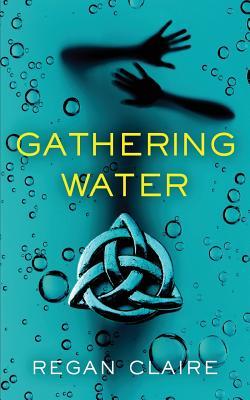
I've read all the books by this author but I did not think this would be available to me through Edelweiss. Thank you for sending it on to me.
The story of Rani of Jhansi is breathtaking. A woman in conservative India - not in purdah, taking on the role of ruler whilst her effeminate and obviously homosexual husband whiles the time away taking part in plays (the woman's part naturally), dresses like a woman bejewelled and beautiful and she as a ruler takes on mediation, meting out justice and administration of Jhansi.
Rani also has her own coterie of female guards - versed in all the martial arts of the time with the sole purpose of protecting her - even against her husband or anyone else. Their first priority is to her. This the Durgavasi take very very seriously. The parallel story of Sita a village girl from very rural India, trained by her father from a very young age in all the arts needed to become a Durgavasi and just awaiting the next vacancy that will arise in the Court. How Sita succeeds and her break away from the village, entering court life and the changes that occur in her life parallel with that of the Rani and the huge impact of Britain in their lives is this story.
Rani of Jhansi appears at a time in the cross roads of Indian history. The English have all but taken over the majority of Northern India and Jhansi is just one more garrison town in their quest to take over supremacy in India. Her appeals, even sending two of her Durgavasi to England for an audience with Queen Victoria does not gain the results they hope for and eventually Jhansi is lost to the English and with it Rani's life.
Rani of Jhansi is a brave, clever, most diplomatic woman. Trying to maintain a balance between the rebels who seek to destroy the English and the English who just want more and more territory she tries to maintain peace as far as possible. She is a woman of strong will, willing to go against public convention - her stand against sati when her husband dies a case in point. Her cleverness in adopting a little boy when her own son dies and when she knows her own husband is at death's door is with the idea of providing an heir for Jhansi so that the English will not have another strength in claiming that their are no clear heirs to the throne.
Whilst the story of Rani is of paramount importance in this story, the supporting role of Sita and the other durgavasis is almost of equal importance. With them, comes the detailed descriptiveness of court life and how a court in India conducts itself. Beautifully told, heartbreakingly emotional, full of history and bravery, I loved the story.

















